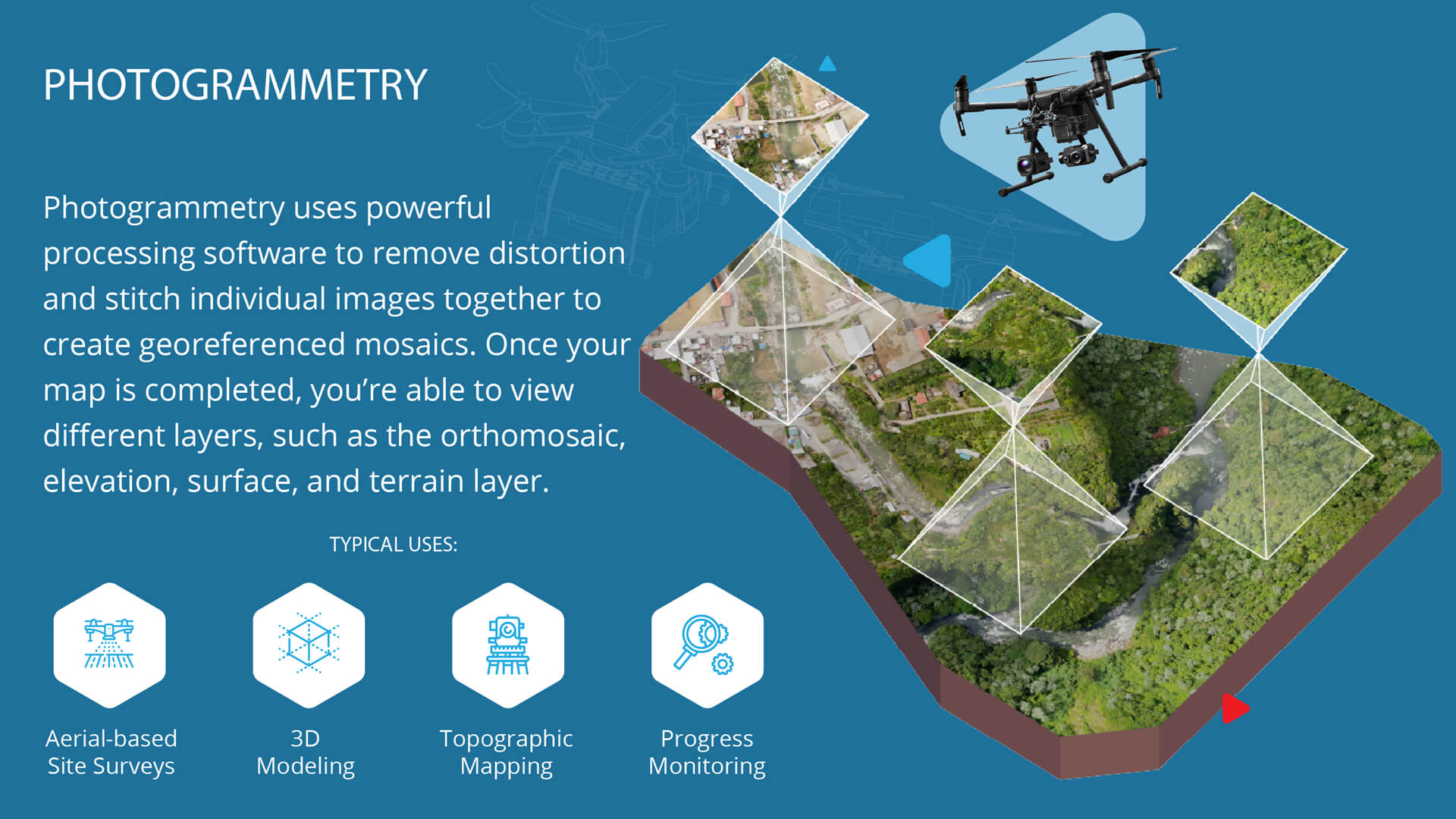Recently, the construction industry has witnessed transformative changes driven by technological advancements. 1 of the outstanding innovations reshaping this particular sector is drone surveying, a technique that combines airborne imaging and files collection to boost efficiency and accuracy and reliability. As construction jobs grow in scale and complexity, the advantages of modern surveying options becomes increasingly apparent. Drones offer unmatched capabilities that not really only streamline businesses but also contribute in order to significant cost benefits and improved project final results.
Typically the various applications involving drone surveying lengthen far beyond conventional land surveying, generating it an important application across multiple procedures within the construction industry. From site preparation and tracking to building inspections and resource administration, drones are proving to be fundamental for professionals seeking to harness the strength of data. As we explore how drone surveying is revolutionizing construction, we will certainly delve into the huge benefits it offers, the particular technology behind that, and the upcoming trends that promise to solidify their put in place the industry's ever-evolving landscape.
Revolutionizing Construction with Drone Surveying
Drone surveying is transforming the construction industry by offering unprecedented precision and efficiency. Conventional surveying methods can be time-consuming in addition to labor-intensive, often necessitating extensive manpower and equipment. In compare, drones can cover up vast areas in a fraction of the time while capturing high-resolution soaring imagery and files. This technological progression enables construction companies to obtain detailed internet site assessments quickly, assisting better planning plus decision-making.
The integration of drone technology in design also enhances job management by supplying real-time data of which can be analyzed and shared around teams. Drones can easily monitor construction development and site situations consistently, helping to identify potential issues before they elevate. This proactive strategy reduces downtime and even increases productivity, permitting projects to remain on schedule and within just budget. Furthermore, exact data collection by means of drone surveys lowers the risk of errors in the construction process, which will lead to costly remodel.

As being the construction industry continually embrace innovation, the particular role of drone surveying is expected to expand. This technologies not only boosts the standard of data nevertheless also offers environment benefits, for instance decreased carbon emissions by simply minimizing the advantages of large machinery on-site. Along with https://contestalert.in/members/land-survey184/activity/1625052/ paving the way for cleverer construction practices, its clear that this technology is not really just a tendency but a crucial component of the industry's future.
Key Benefits and Applying Drone Technologies
Typically the integration of drones into the building industry has changed greatly surveying processes, delivering remarkable benefits when it comes to accuracy and efficiency. Drones are prepared with advanced imaging technologies that provide high-resolution aerial photography plus 3D mapping. https://yamcode.com/high-accuracy-how-drone-surveying-is-transforming-construction-workfl help in taking detailed site details quickly, reducing the possibility of individual error commonly related with traditional surveying methods. Consequently, construction professionals can make more informed decisions structured on precise web site data, ultimately ultimately causing improved project final results.
In addition to enhancing accuracy, drones significantly reduce typically the time required regarding surveying tasks. Standard surveying methods may take days and even weeks, especially regarding large sites. Drones can survey expansive areas in simple hours, allowing clubs to gather the essential information without the prolonged on-site existence. This rapid info collection translates in order to time savings throughout project planning in addition to execution, which can certainly be critical inside the fast-paced design environment. Moreover, the particular efficiency of drones in conducting surveys can also business lead to substantial cost savings, as fewer labor hours are essential.
The applications of drone technology extend further than simple surveying jobs. Drones are progressively being utilized intended for real-time monitoring of construction sites, providing stakeholders with advanced visuals of advancement and potential issues. They play the crucial role in infrastructure inspections, environmental monitoring, and devastation management, enhancing security and compliance throughout various projects. While technology continues in order to evolve, the role of drones inside the construction business is expected to expand further, with impressive applications which could handle emerging challenges efficiently.
Foreseeable future Trends and Considerations in Drone Surveying
Because technology is constantly on the progress, the future regarding drone surveying looks promising with innovations in artificial cleverness and machine learning. These technologies are usually expected to improve the particular processing and research of survey info, allowing for faster and more correct insights. Automated trip planning and sophisticated software for info interpretation will probably come up, making drone studies more accessible regarding various industries. This particular evolution will lead to improved decision-making features and more effective project execution.
The incorporation of drones using other emerging technology such as the Internet of Issues (IoT) will further transform the scenery of surveying. Drones equipped with IoT sensors will give real-time data selection, enabling continuous monitoring and assessment of construction sites. This synergy can guide to enhanced safety precautions, proactive maintenance regarding infrastructure, and maximized resource management. The particular collaboration between drones and IoT can usher in some sort of new era associated with smart surveying alternatives.
Legal and regulatory things to consider will continue to carry out a crucial function in shaping the future of drone surveying. As more businesses adopt this particular technology, governments will likely implement clearer suggestions and regulations to ensure safety and privateness. Staying informed regarding these regulations will end up being necessary for companies seeking to leverage drone surveying. That field matures, professionals will need to prioritize compliance and take hold of guidelines to understand the evolving landscape effectively.
